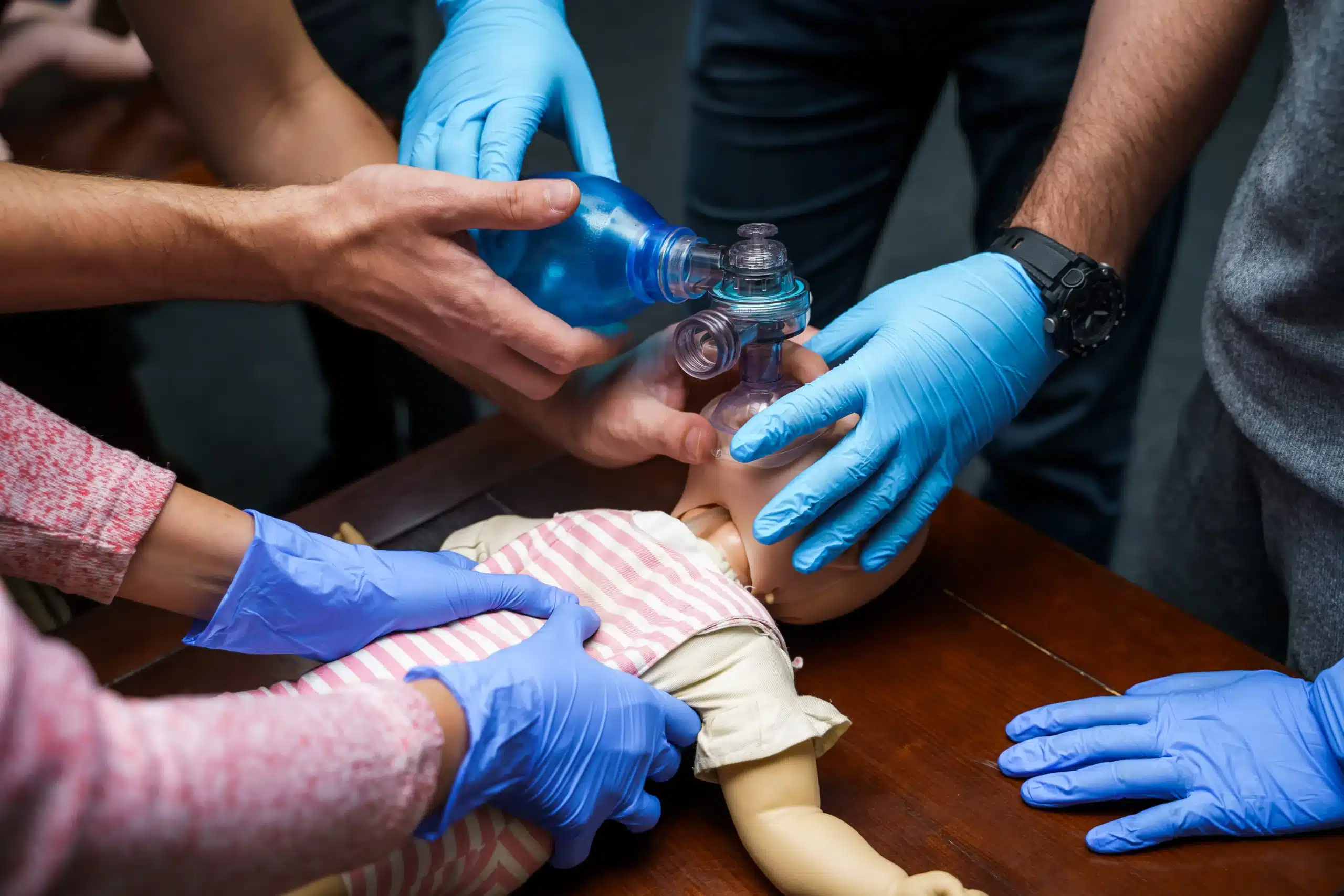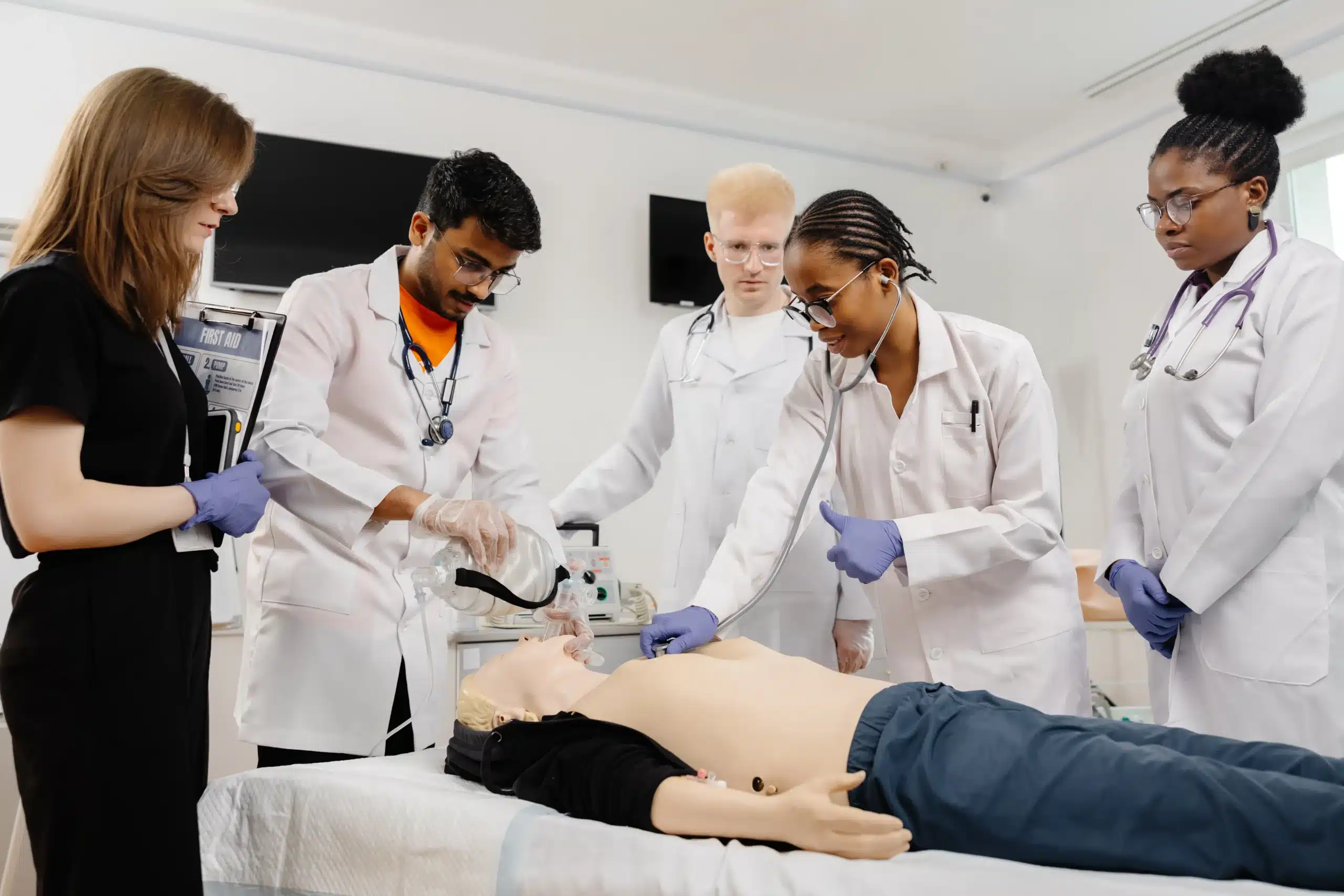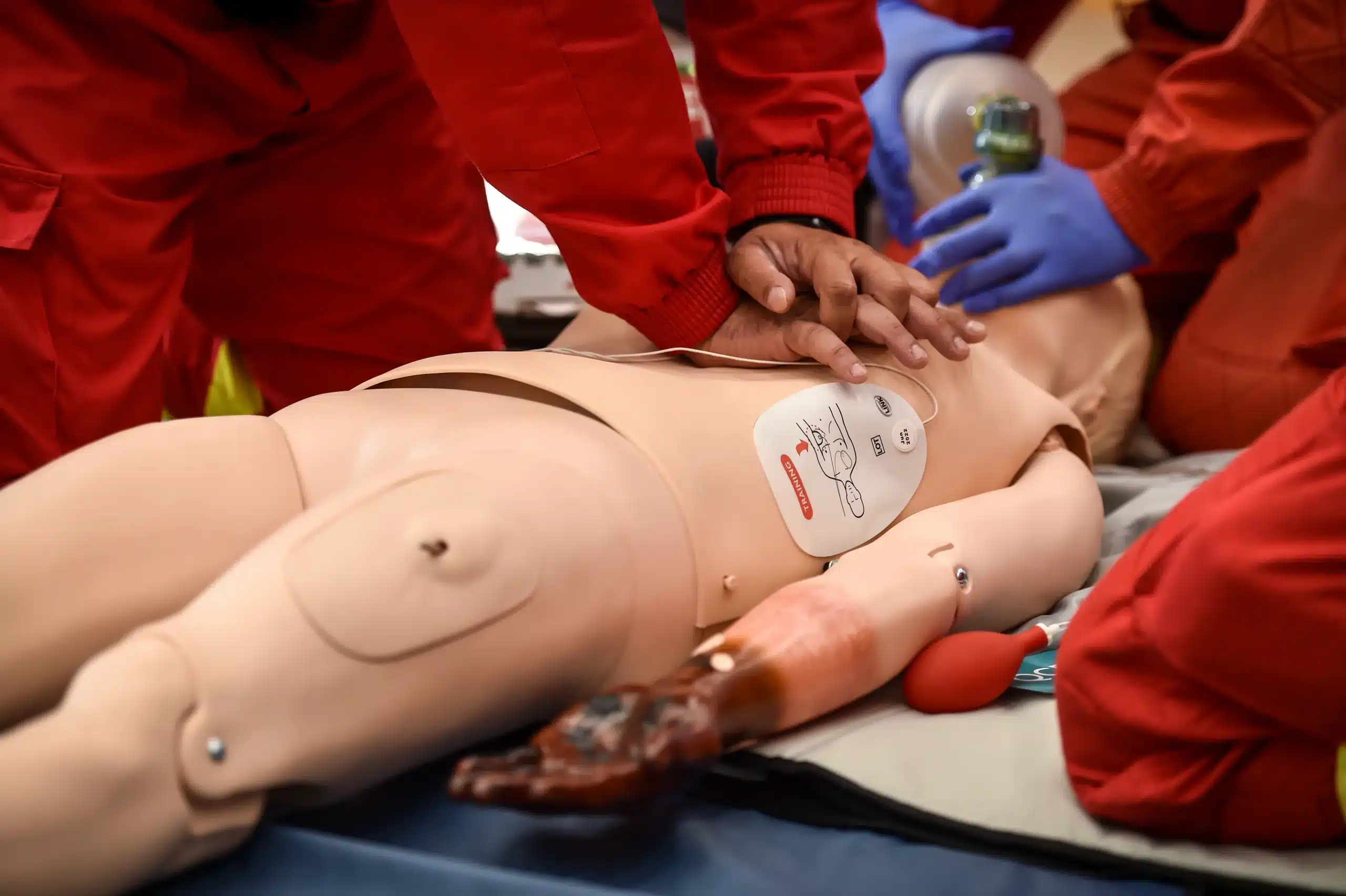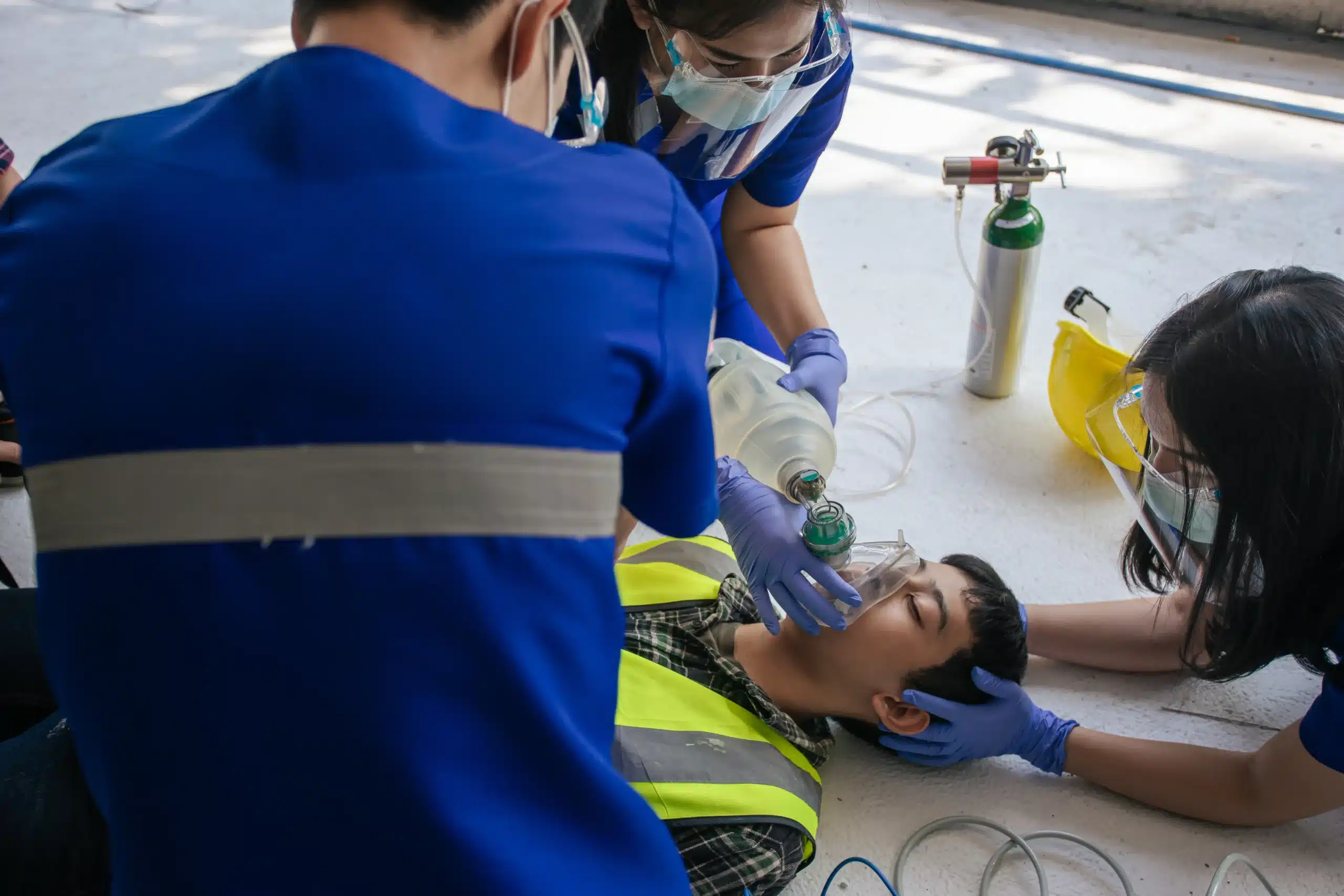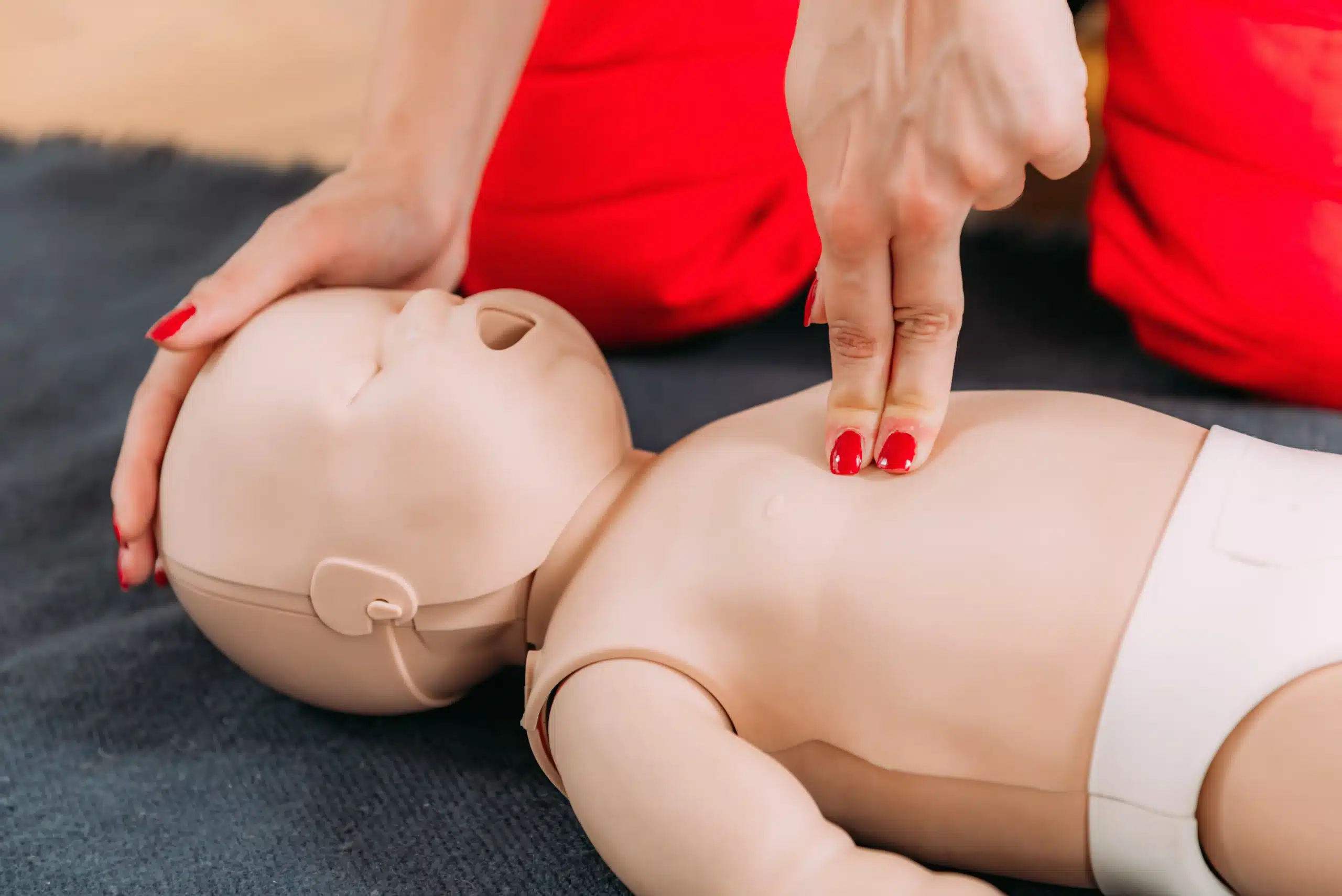Surviving cardiac arrest is a remarkable feat. However, for many CPR survivors, the challenges don’t end once the heart starts beating again. The psychological impact of nearly losing your life can be profound and long-lasting. Anxiety, depression, and even PTSD are common among survivors as they process their traumatic experience and adapt to life after resuscitation.
This blog aims to be a guide for CPR survivors and their loved ones, offering insights into the psychological challenges they may face, coping strategies for recovery, and why prioritizing mental health is vital for holistic healing. If you’re looking for actionable tips and expert advice, you’re in the right place.
What You’ll Learn in This Blog:
- The immediate and long-term psychological effects of CPR survival
- Actionable coping strategies for survivors and their families
- Why focusing on psychological recovery can improve both mental and physical well-being
- How CPR training and awareness can empower communities
Understanding the Psychological Impact of CPR
Immediate Emotional Responses
The moments following resuscitation are often clouded by a whirlwind of emotions. Fear, confusion, and anxiety are natural reactions to the trauma of a near-death experience. Survivors frequently report feeling disoriented and questioning what just happened. This emotional upheaval is not only a response to the physical ordeal but also to the awareness of how close they came to death.
For many, these emotions can escalate into Acute Stress Disorder (ASD). Survivors may struggle with flashbacks of the event, hypervigilance, or finding it hard to calm their racing thoughts.
Long-Term Effects on Mental Health
Life after CPR can bring unique psychological challenges, from survivor’s guilt to depression. Research published in the Resuscitation Journal (July 2013) revealed some concerning statistics about post-cardiac psychological distress:
- Depression affects 14%–45% of CPR survivors.
- Anxiety impacts 13%–61%.
- PTSD ranges between 19% and 27%.
Survivors might also experience an altered worldview. Many find themselves reflecting deeply on mortality, questioning their purpose, and grappling with the implications of their second chance. While this introspection can lead to growth and gratitude, it can also create emotional turmoil without proper support.
Coping Strategies for Survivors and Families
Mindfulness-Based Techniques
Mindfulness practices are powerful tools to reduce stress and foster emotional resilience. Here are some techniques to try:
- Mindfulness Meditation: Spend 10 minutes a day focusing on your breath to help calm the mind. Apps like Headspace and Calm can guide beginners.
- Journaling: Write down your thoughts and feelings daily. This can help you process emotions and track progress over time.
- Yoga: Gentle yoga practices promote relaxation and improve body-mind connection. Look for classes tailored to beginners if you’re new to yoga.
Support Networks
A strong support system can make all the difference in recovery. Surround yourself with family and friends who understand your emotional needs and can provide encouragement. Additionally, consider joining survivor-specific forums or groups. The American Heart Association’s Survivor Support Network is a fantastic resource where CPR survivors and their families can share their journeys.
Lifestyle Adjustments
Healthy habits play a crucial role in the recovery process:
- Physical Activity: Engage in light exercises like walking or stretching, as approved by your doctor, to improve mood and overall health.
- Nutrition: Adopt a balanced diet rich in fruits, vegetables, lean protein, and whole grains to support brain and body recovery.
- Sleep: Prioritize quality rest. Aim for 7–9 hours of sleep each night to rebuild physical and mental strength.
Creating sustainable routines can help restore a sense of normalcy and ease anxiety over time.
Seeking Professional Help
If you or a loved one struggles with significant psychological distress, don’t hesitate to seek professional assistance. Trauma-informed therapists or counselors specializing in health-related stress disorders can provide invaluable support. Here are some notable therapy options:
- Cognitive Behavioral Therapy (CBT): A common approach for addressing anxiety and depression by challenging negative thought patterns.
- Eye Movement Desensitization and Reprocessing (EMDR): Effective for individuals experiencing PTSD, EMDR helps process traumatic memories and reduce their intensity.
When searching for a therapist, look for professionals experienced in trauma recovery and post-cardiac psychological care.
Why Psychological Recovery is Essential
The psychological recovery process is not just about feeling better emotionally—it directly impacts physical healing. Stress increases cortisol levels, which can exacerbate physical conditions like hypertension or heart disease. By addressing mental well-being, survivors can lower stress levels and create a more conducive environment for physical recuperation.
More importantly, emotional health equips survivors with the resilience needed to adapt to their new normal, take ownership of their recovery, and rebuild their confidence. Healing is a holistic process—both mind and body must be nurtured to achieve true recovery.
Empower Your Community with CPR Awareness
CPR survivors, their loved ones, and healthcare professionals all play a role in fostering a supportive and prepared community. Gaining CPR certification is one way to empower yourself and others. Organizations like Safety Training Seminars offer AHA-certified courses, including:
- CPR & First Aid
- Basic Life Support (BLS)
- Advanced Cardiovascular Life Support (ACLS)
- Pediatric Advanced Life Support (PALS)
Learning these life-saving skills not only equips you to act in emergencies but also raises awareness about the psychological struggles that come after survival. Well-trained communities understand the importance of both physical and emotional recovery and can provide better support to survivors.
Moving Forward with Resilience
The road to psychological recovery for CPR survivors can be challenging, but it’s also one of tremendous strength and resilience. By understanding the emotional impact, adopting effective coping strategies, and seeking professional help when needed, survivors can reclaim their lives with renewed purpose.
Remember, healing takes time, and there’s no “one size fits all” for recovery. What matters is taking each step at your own pace and surrounding yourself with people and resources that uplift you.
If you know someone who could benefit from this information, share this article with them. And if you’re inspired to take action, consider signing up for a CPR certification course—saving lives doesn’t stop at resuscitation. It’s about nurturing recovery and well-being every step of the way.




